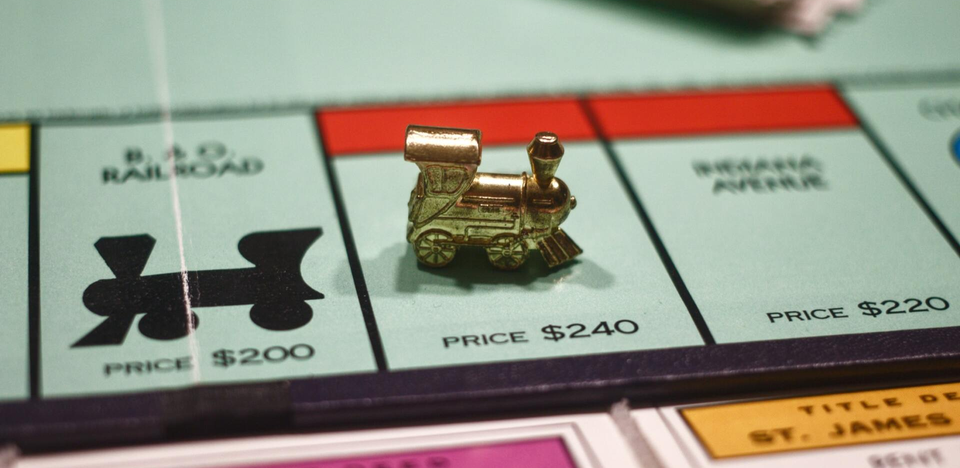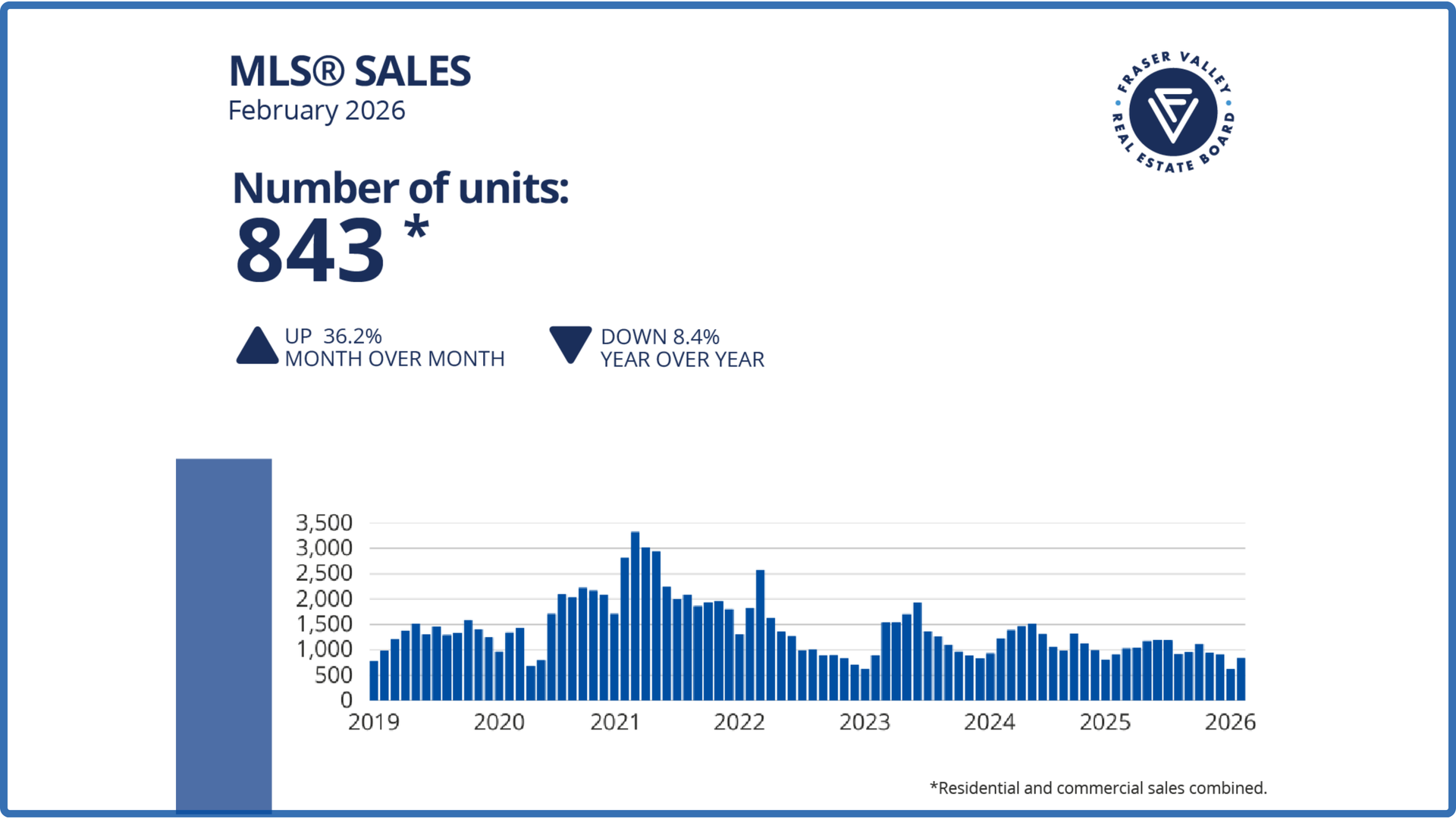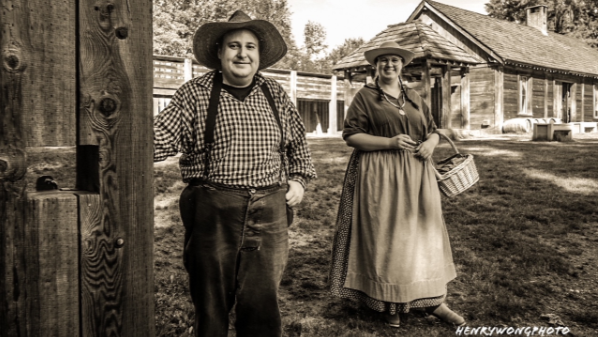How changing Canada's capital gains exemption would hit the sale of your home
Money Wise - Clayton Jarvis • May 18, 2021

Taxing homeowner profits could cool down home prices — but at what cost?
What a capital gains tax on your home would cost you
The federal government has given zero indication that a capital gains tax on primary residences is coming.
But some experts, including the International Monetary Fund and RBC chief economist Robert Hogue, feel the current situation facing Canadian homebuyers may warrant such an extreme response — if it’s done tactfully.
“With many Canadians having built their wealth (and retirement plans) on realizing the full value of their home, any amendments would have to carefully balance the impact on the housing market and the financial security of Canadians, and apply only on a go-forward basis,” Hogue writes.
Such a move could be intensely unpopular. Earlier this year, Tim Hudak, head of the Ontario Real Estate Association — by far, the country’s largest real estate association — referred to a capital gains tax on home sales as “an atom bomb on the retirement savings of Canada’s vast middle class.”
A new tax on homeownership also could put government officials in voters’ crosshairs. With 65 per cent of Canadian voters being homeowners, it’s not hard to guess how they’d respond at election time to a tax that essentially punishes them.
The federal government just passed up a chance to include a capital gains tax on primary residences in its April 19 budget proposal. Instead, Finance Minister Chrystia Freeland has proposed a nationwide 1 per cent tax on the value of vacant or underused “non-resident, non-Canadian owned residential real estate” that will take effect next Jan. 1 if the Liberals’ budget is approved.
Whenever Canada’s real estate landscape is being reshaped by seismic levels of buying activity, calls inevitably grow louder for some form of government intervention to put the brakes on home prices.
Careful what you wish for.
Past attempts to cool housing markets — a tax on vacant homes in British Columbia, a “foreign buyer” tax in Ontario, the nationwide mortgage “stress test” — have failed to keep prices in check, leaving Canada’s provincial and federal governments with few options.
One strategy still on the table is reducing, or outright cancelling, the capital gains tax exemption on Canadians’ primary residences.
It’s a change that doesn’t seem likely to happen. But if it does, it could cost homeowners thousands — if not hundreds of thousands — of dollars.
Past attempts to cool housing markets — a tax on vacant homes in British Columbia, a “foreign buyer” tax in Ontario, the nationwide mortgage “stress test” — have failed to keep prices in check, leaving Canada’s provincial and federal governments with few options.
One strategy still on the table is reducing, or outright cancelling, the capital gains tax exemption on Canadians’ primary residences.
It’s a change that doesn’t seem likely to happen. But if it does, it could cost homeowners thousands — if not hundreds of thousands — of dollars.
Why homeowners enjoy a capital gains exemption
Canada first implemented a tax on capital gains in 1972, the year the country’s tax laws were overhauled. But the profits from selling a primary residence have never been subject to the tax. Canada remains one of the only countries in the world that doesn’t tax homeowners on the proceeds of selling their main homes.
So, a Canadian family who has called the same house home for 30 years can sell it and reap the full benefits of three decades’ worth of appreciation.
Considering the rapid escalation of prices in the country over just the last eight months, anyone who has held on to a home for a period of years can sell it for a healthy, if not colossal, profit — and not give up any of that to taxes.
It’s a loophole that has made Canadian real estate a very attractive asset, and a dependable retirement savings plan.
Nearly half (48 per cent) of Canadians ages 25 to 35 already own their own homes, according to a recent survey from Royal LePage. Of those who don’t, 84 per cent have a “strong intention to purchase in the future."
Canada first implemented a tax on capital gains in 1972, the year the country’s tax laws were overhauled. But the profits from selling a primary residence have never been subject to the tax. Canada remains one of the only countries in the world that doesn’t tax homeowners on the proceeds of selling their main homes.
So, a Canadian family who has called the same house home for 30 years can sell it and reap the full benefits of three decades’ worth of appreciation.
Considering the rapid escalation of prices in the country over just the last eight months, anyone who has held on to a home for a period of years can sell it for a healthy, if not colossal, profit — and not give up any of that to taxes.
It’s a loophole that has made Canadian real estate a very attractive asset, and a dependable retirement savings plan.
Nearly half (48 per cent) of Canadians ages 25 to 35 already own their own homes, according to a recent survey from Royal LePage. Of those who don’t, 84 per cent have a “strong intention to purchase in the future."
A capital gains tax would almost certainly give many of those would-be homeowners second thoughts.
What a capital gains tax on your home would cost you
It isn’t easy ballparking what a capital gains tax would cost you if you sold your primary residence. There’s no good formula in place for calculating how much you would stand to lose; tax rates vary from province to province, and the amount you pay would depend on how much your home costs and how much you were able to sell it for.
Still, we wanted to give you an idea of just how big a bite a capital gains tax could put on the sale of a home.
So, we used a capital gains tax calculator provided by real estate service provider Wowa that would typically be used to calculate the taxes payable on the sale of an investment property the owner doesn’t live in. We used benchmark prices that align with recent data from the Canadian Real Estate Association and other local real estate boards.
To keep things simple, we factored in 20 per cent appreciation for every province.
British Columbia
Alberta
Saskatchewan
Manitoba
Ontario
Quebec
New Brunswick
Nova Scotia
Prince Edward Island
Things look far worse if we factor in a more realistic picture of the appreciation that homeowners who purchased in the last five years have been enjoying in certain parts of the country:
So, we used a capital gains tax calculator provided by real estate service provider Wowa that would typically be used to calculate the taxes payable on the sale of an investment property the owner doesn’t live in. We used benchmark prices that align with recent data from the Canadian Real Estate Association and other local real estate boards.
To keep things simple, we factored in 20 per cent appreciation for every province.
British Columbia
- Purchase price: $800,000
- Sale price: $960,000
- Approximate capital gains tax: $29,228
Alberta
- Purchase price: $500,000
- Sale price: $600,000
- Approximate capital gains tax: $16,246
Saskatchewan
- Purchase price: $400,000
- Sale price: $480,000
- Approximate capital gains tax: $13,609
Manitoba
- Purchase price: $400,000
- Sale price: $480,000
- Approximate capital gains tax: $15,495
Ontario
- Purchase price: $900,000
- Sale price: $1.08 million
- Approximate capital gains tax: $36,699
Quebec
- Purchase price: $500,000
- Sale price: $600,000
- Approximate capital gains tax: $20,858
New Brunswick
- Purchase price: $300,000
- Sale price: $360,000
- Approximate capital gains tax: $10,704
Nova Scotia
- Purchase price: $400,000
- Sale price: $480,000
- Approximate capital gains tax: $15,384
Prince Edward Island
- Purchase price: $300,000
- Sale price: $360,000
- Approximate capital gains tax: $10,704
- Purchase price: $300,000
- Sale price: $360,000
- Approximate capital gains tax: $10,688
Things look far worse if we factor in a more realistic picture of the appreciation that homeowners who purchased in the last five years have been enjoying in certain parts of the country:
British Columbia
- Purchase price: $800,000
- Sale price: $1.5 million
- Approximate capital gains tax: $173,073
- Purchase price: $700,000
- Sale price: $1.3 million
- Approximate capital gains tax: $146,308
Will you have to worry about a capital gains tax on your home?
The federal government has given zero indication that a capital gains tax on primary residences is coming.
But some experts, including the International Monetary Fund and RBC chief economist Robert Hogue, feel the current situation facing Canadian homebuyers may warrant such an extreme response — if it’s done tactfully.
“With many Canadians having built their wealth (and retirement plans) on realizing the full value of their home, any amendments would have to carefully balance the impact on the housing market and the financial security of Canadians, and apply only on a go-forward basis,” Hogue writes.
Such a move could be intensely unpopular. Earlier this year, Tim Hudak, head of the Ontario Real Estate Association — by far, the country’s largest real estate association — referred to a capital gains tax on home sales as “an atom bomb on the retirement savings of Canada’s vast middle class.”
A new tax on homeownership also could put government officials in voters’ crosshairs. With 65 per cent of Canadian voters being homeowners, it’s not hard to guess how they’d respond at election time to a tax that essentially punishes them.
The federal government just passed up a chance to include a capital gains tax on primary residences in its April 19 budget proposal. Instead, Finance Minister Chrystia Freeland has proposed a nationwide 1 per cent tax on the value of vacant or underused “non-resident, non-Canadian owned residential real estate” that will take effect next Jan. 1 if the Liberals’ budget is approved.
A great excuse to save
So, a capital gains tax isn’t likely when you sell your home — but in the interest of your overall financial wellness, why not pretend that it is, and use it as an excuse to save some money?
If you’re eligible to refinance your mortgage but haven’t yet taken part in the refi-bonanza of the past year, you may not want to put it off much longer. Mortgage rates are rising from their historic lows, but they are still well below their long-term averages. Work with a mortgage broker to find the right refinance loan for your situation.
If you’re eligible to refinance your mortgage but haven’t yet taken part in the refi-bonanza of the past year, you may not want to put it off much longer. Mortgage rates are rising from their historic lows, but they are still well below their long-term averages. Work with a mortgage broker to find the right refinance loan for your situation.
f it’s everyday savings you’re after, sign up for as many cash-back apps as you have the patience for. This app pays you in actual Canadian dollars, not points.
Earning more income can be a pretty decent hedge against a capital gains tax on your home, too. If you have the funds — and the risk tolerance — there’s a cool, simple way to put some money in the stock market.
Just remember that taxes on those earnings are a sure thing.
Earning more income can be a pretty decent hedge against a capital gains tax on your home, too. If you have the funds — and the risk tolerance — there’s a cool, simple way to put some money in the stock market.
Just remember that taxes on those earnings are a sure thing.

SURREY, BC – The Fraser Valley market showed early signs of a spring thaw in February, with sales increasing over January, but continuing to trail typical levels for this time of year. The Fraser Valley Real Estate Board recorded 843 sales on its Multiple Listing Service® (MLS®) in February, a 36 per cent increase from January, but 38 per cent below the ten-year seasonal average. New listings declined nine per cent in February to 2,796, suggesting some sellers are choosing to wait amid competitive inventory levels, and may be positioning their homes for the peak of the spring market.






